I participated in an Ambassador Program on behalf of Mom Central Consulting for Discover Boating. I received a promotional item to thank me for my participation.
This summer has been super amazing. We were able to take 2 trips; one up to the Coast of North Eastern Maine, another down to the Gulf in Florida. My favorite part about the trips is that they were both on the water. One on the river, the other on the ocean. Both so different, but so much the same. There’s just something about the smell of the water, the beauty of the sun reflecting off the water, the peace. Just like any other fun activity, safety is always a top concern, and I wanted to share our top safety tips for boating.
You learned the “rules of the road” before you sat behind the wheel of a car and you should do the same before taking the helm. Just like studying to get your driver’s license, it is very important to have the boating information and certifications you need to be a safe boater before you hit the water. In fact, a number of states require powerboat operators to take a boater’s education course and carry a license or certificate proving successful course completion any time they’re on the water. By consulting a safe boating guide and obtaining the required certificates beforehand, you not only protect yourself and family but other boaters on the water.
No matter how much experience you have, it’s always a good idea for everyone to review boating safety rules before departures. Below you will find 10 basic boating safety tips to help you stay safe:
- Be Weather-Wise
Always check local weather conditions before departure; TV and radio forecasts can be a good source of information. If you notice darkening clouds, volatile and rough changing winds or sudden drops in temperature, play it safe by getting off the water.
- Follow a Pre-Departure Checklist
Proper boating safety includes being prepared for any possibility on the water. Following a pre-departure checklist is the best way to make sure no boating safety rules or precautions have been overlooked or forgotten.
- Use Common Sense
One of the most important parts of boating safety is to use your common sense. This means operating at a safe speed at all times (especially in crowded areas), staying alert at all times and steering clear of large vessels and watercraft that can be restricted in their ability to stop or turn. Also, be respectful of buoys and other navigational aids, all of which have been placed there to ensure your own safety
- Designate an Assistant Skipper
Make sure more than one person on board is familiar with all aspects of your boat’s handling, operations, and general boating safety. If the primary navigator is injured or incapacitated in any way, it’s important to make sure someone else can follow the proper boating safety rules to get everyone else back to shore.
- Develop a Float Plan
Whether you choose to inform a family member or staff at your local marina, always be sure to let someone else know your float plan. This should include where you’re going and how long you’re going to be gone.
A float plan can include the following information:
- name, address, and phone number of trip leader
- name and phone number of all passengers
- boat type and registration information
- trip itinerary
- types of communication and signal equipment onboard
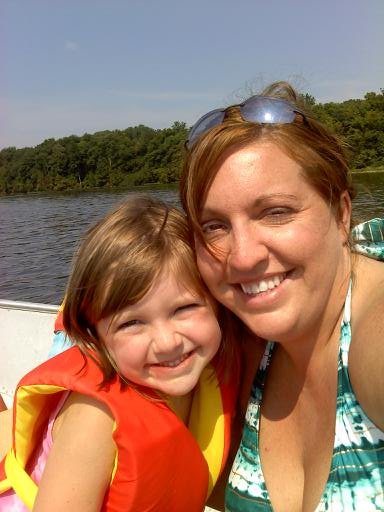
- Make Proper Use of Lifejackets
Did you know that the majority of drowning victims are the result of boaters not wearing their lifejackets? Make sure that your family and friends aren’t part of this statistic by assigning and fitting each member of your onboard team with a life jacket prior to departure.
- Avoid Alcohol
Practice boating safety at all times by saving the alcohol for later. The probability of being involved in a boating accident doubles when alcohol is involved and studies have shown that the effects of alcohol are exacerbated by sun and wind.
- Learn to Swim
If you’re going to be in and around the water, proper boating safety includes knowing how to swim. Local organizations, such as the American Red Cross and others, offer training for all ages and abilities. Check to see what classes are offered in your area.
- Take a Boating Course
Beginning boaters and experienced experts alike need to be familiar with the boating safety rules of operation. Boater education requirements vary by state; however, some require validated completion of at least one boating safety course. Regardless of your individual state’s requirements, it’s always important to be educated and prepared for every circumstance that might arise. You can learn boating safety rules by taking a local community course oronline course to help educate yourself.
- Consider a Free Vessel Safety Check
Take advantage of a free vessel safety check from the US Coast Guard. They offer complimentary boat examinations to verify the presence and condition of certain safety equipment required by state and federal regulations. Free of charge, they’ll provide a specialist to check out your boat and make helpful boating safety tips and recommendations. They also offer virtual online safety checks as well.
About Discover Boating
Discover Boating is a public awareness effort managed by the National Marine Manufacturers Association (NMMA) on behalf of the North American recreational boating industry. Discover Boating programs focus on increasing participation and creating interest in recreational boating by demonstrating the benefits, affordability and accessibility of the boating lifestyle while helping to educate potential boaters and offering opportunities to experience the fun and togetherness of being on the water on a boat. Each year nearly 70 million people in the U.S. enjoy boating, the recreational activity that “connects like no other.
Need help finding the type of boating that’s right for your family? The Discover Boating boating activities page can help you out. Whatever kind of boating you decide to do, please remember that boating safety is most important. Discover Boating has a Boating and Kids page where your whole family can learn about important boat safety.


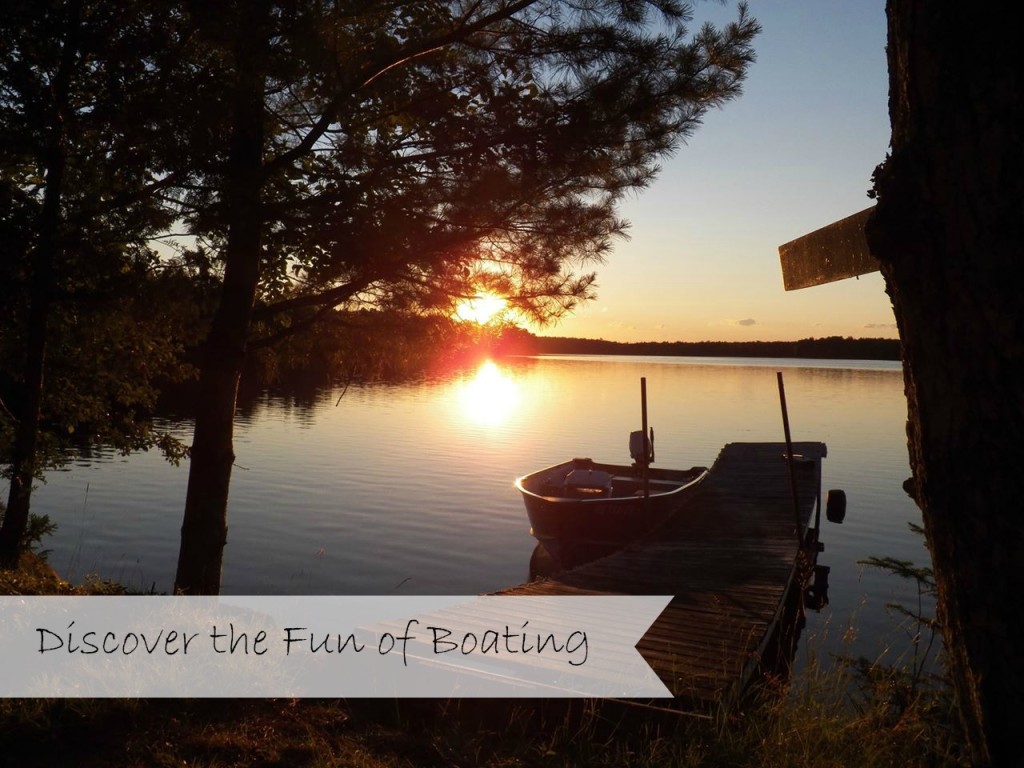
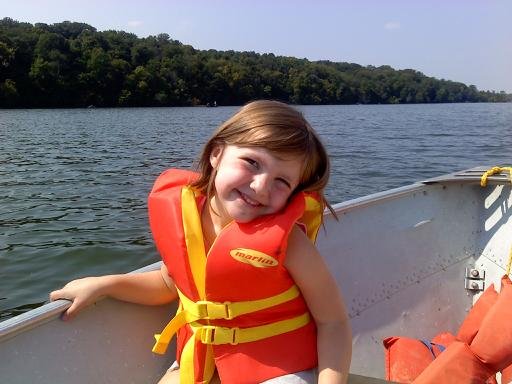
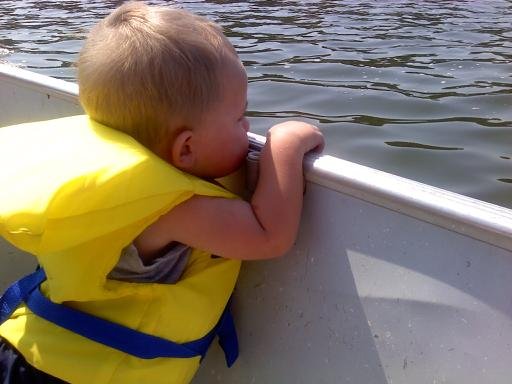
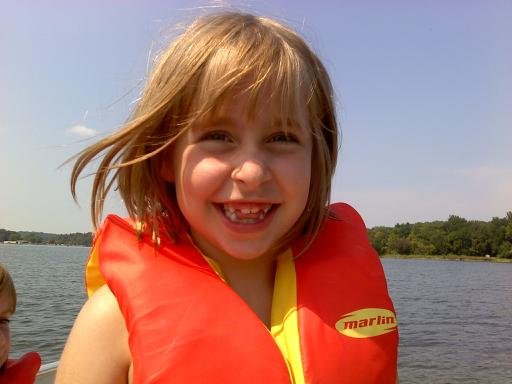
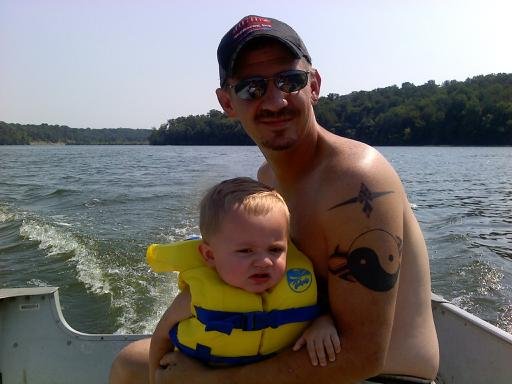


Such great tips. Back home we have people that drown all the time on the river because they don’t follow over half of those things. It is really sad. Love your pictures!
All really important points in boating safety! Thanks for the reminders!
All great tips about staying safe while having fun in the water. Boating safety is very important, especially when kids are involved!
I like the float plan idea. We do something similar when we go hiking. Not that we’re gone for days, but especially when we take our child, I let someone know where we’re headed and where we parked just in case they need us, since there’s usually no cell phone coverage.
Thanks for the post, I’m sharing it!
Great tips! We love to boat!